You’ve made your New Year’s resolutions. You’ve begun putting your dental care strategies into action by scheduling routine appointments in Houston TX, and taking good care of your teeth at home. So, what next?
This time of year is a great time to do an honest mouth assessment to determine what else you can do to improve your oral health. Here are three questions to consider as you make an evaluation.
1. How white is your smile? When your outer tooth layer becomes worn, it is more susceptible to yellowing. Medication, excessive fluoride, and certain foods and drinks can also leave stains or turn your teeth yellow. Fortunately, it is possible to whiten your teeth dramatically at your dentist’s office. Teeth whitening treatments are non-invasive and only take a short time.
2. Are your teeth chipped or cracked? If you find yourself holding back a smile because of embarrassing chips or cracks in your teeth, it is time to do something about it. There are several ways your dentist can repair chips and cracks to give you the beautiful smile you deserve.
- Composite Fillings – Composite fillings blend seamlessly. Your dentist can use composite fillings to repair chipped teeth and close gaps, as well as to strengthen your teeth and prevent future chipping.
- Porcelain Veneers – Veneers are thin pieces of porcelain that fit onto your natural teeth to repair discoloration, chips and cracks. It only takes two appointments to be fitted with veneers and create a uniform smile.
- Implants – Dental implants have become a popular way to replace missing teeth and prevent other teeth from shifting. The dentist attaches artificial roots to your jawbone and then attaches artificial teeth to the posts. It takes several months to complete treatment because you must heal in between, but the results are permanent
3. Have you been putting off treatments? It may seem easy to put off dental work, but that can be a big mistake. If you don’t stay on top of treatments you can end up with more serious issues. Don’t put off wisdom teeth extractions, crowns and root canals.
- Wisdom teeth removal – The third molars in each of the four quadrants of your mouth are your wisdom teeth. Most people find their wisdom teeth erupt in their late teens or early twenties. Although they can come in without causing any problems, wisdom teeth often do cause crowding issues or become impacted. Wisdom tooth extraction is a routine procedure during which an oral surgeon safely removes them while you are under anesthesia, so that you do not feel any discomfort. Healing generally takes between two to three days.
- Crowns – There are many reasons why you may need a crown, including repairing a broken filling, fixing a fractured tooth or treating a very large cavity. During the procedure, the dentist places a crown that is the same size and shape as your natural tooth over the top of the damaged tooth to protect it. First, the dentist will fit you for the crown and place a temporary crown on your tooth. Then you will return for a second visit to have the permanent crown cemented onto your tooth.
- Root canal – Although some people have no symptoms, it is not uncommon to experience discomfort, sensitivity or swelling when the nerve of a tooth becomes infected or decayed. During a root canal, the dentist removes the living tissue inside of the tooth to prevent the tooth from dying. Then medicated materials are placed inside the tooth to restore it. Although it may seem easier to extract the tooth, a root canal to save the tooth is the preferred treatment medically and cosmetically.
As you continue to make changes in the way you take care of your teeth at home, don’t forget about the office treatments that you may have been putting off. Now is the time to take control of your dental health!
